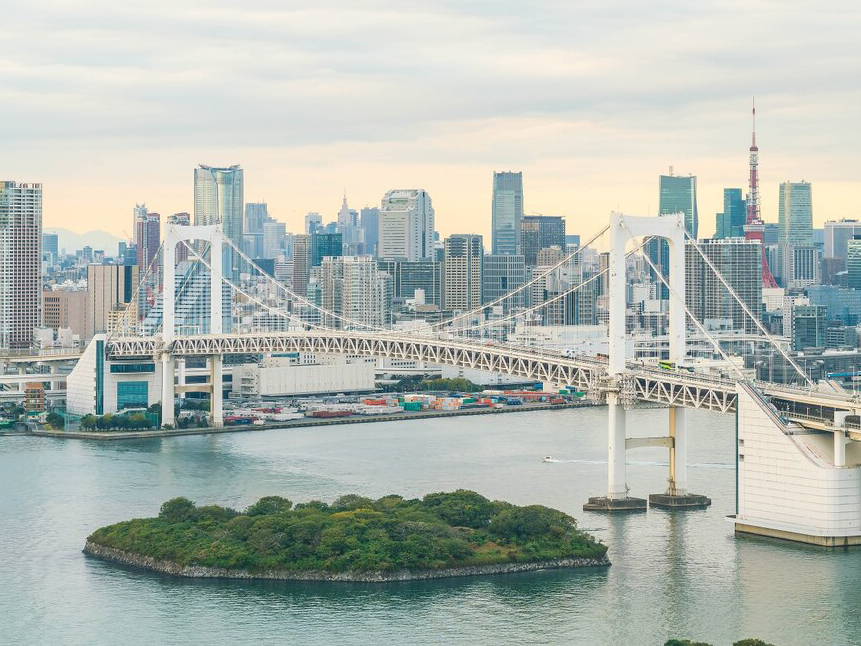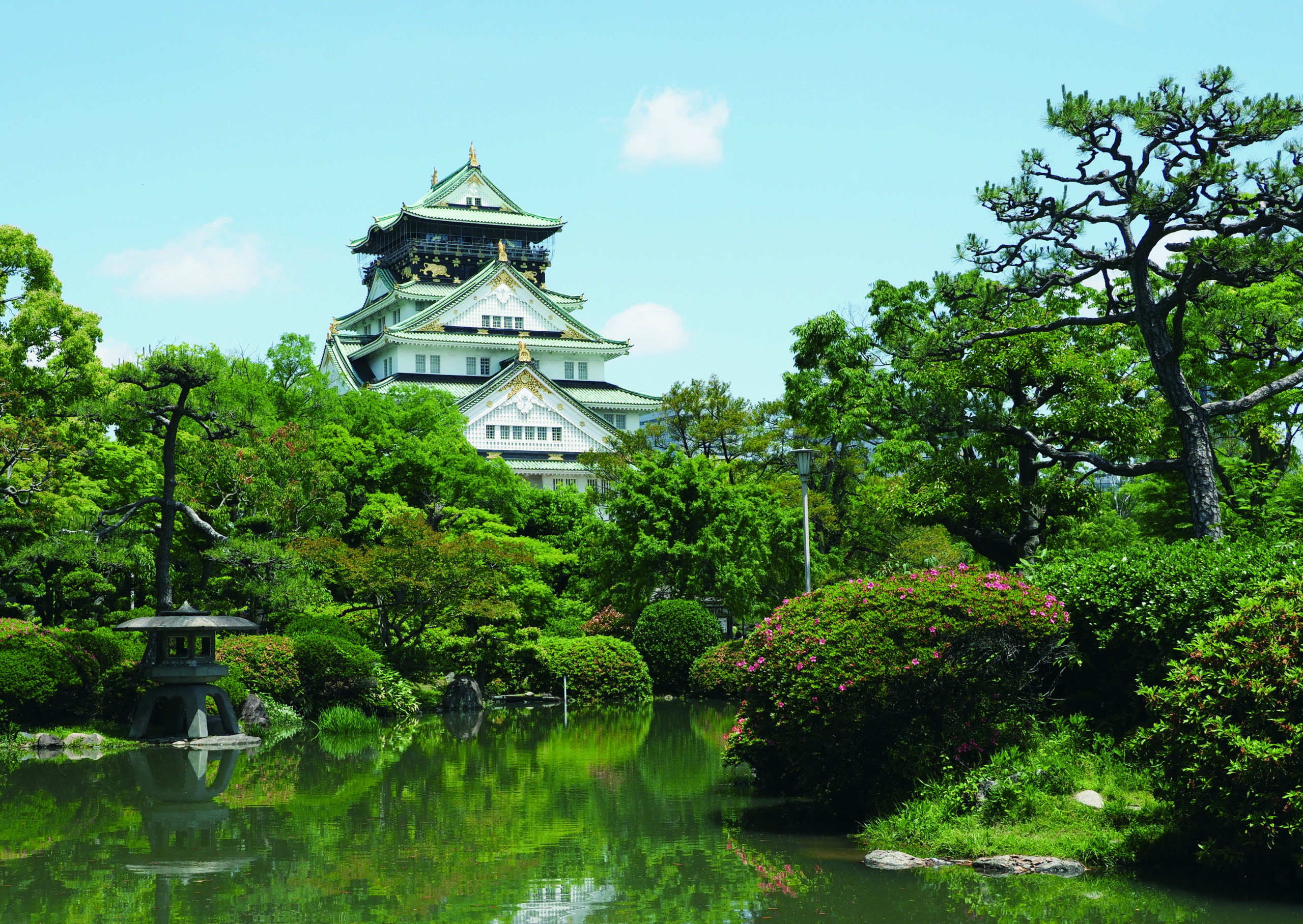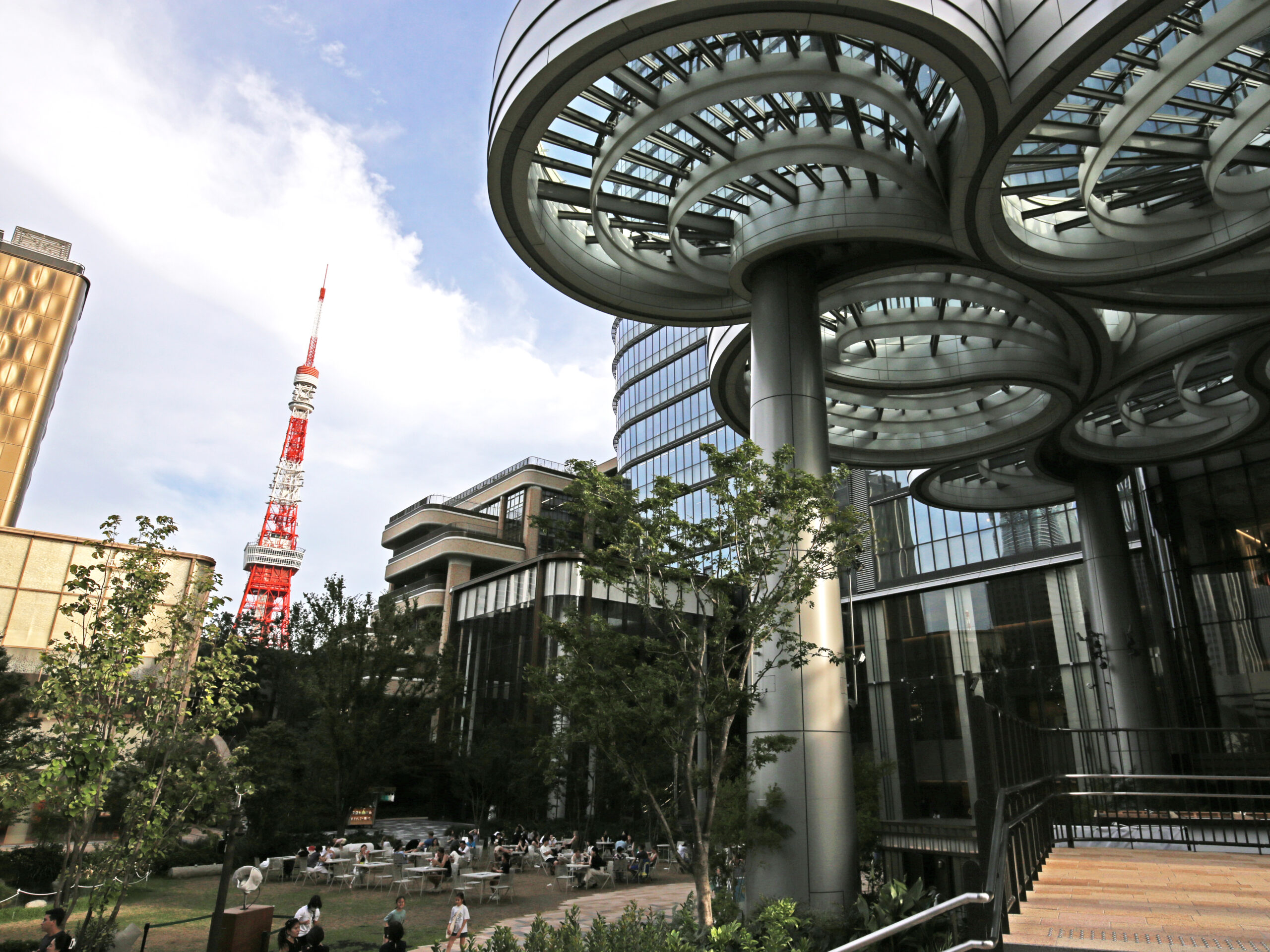Our History


Founder Ryozo Yonehara graduated from the University of Tokyo and worked for the Tokyo Metropolitan Government. In 1988, he became secretary to Tokyo Governor Shunichi Suzuki. He accompanied the governor and participated.

In 2008, he retired from the Tokyo Metropolitan Government and founded the NPO Institute for Japanese Culture Experience and Education (IJCEE). IJCEE's mission is to provide Japanese cultural experience programs in Japan that can be enjoyed by foreigners.</font size>

2014- IJCEE membership grew to 640 members, and the revenue division was spun off from IJCEE to form True Japan Tour K.K. (TJT). Ninety-seven IJCEE members invested in the company. 2015-TJT's sales were approximately 100 million yen.

2019-The company established Origuru-tei and Senshin-an, two dedicated facilities of approximately 200 square meters equipped with kitchens. Sales exceeded 700 million yen. Since its establishment, the company had an average annual growth rate of 170% over the past ten years.



